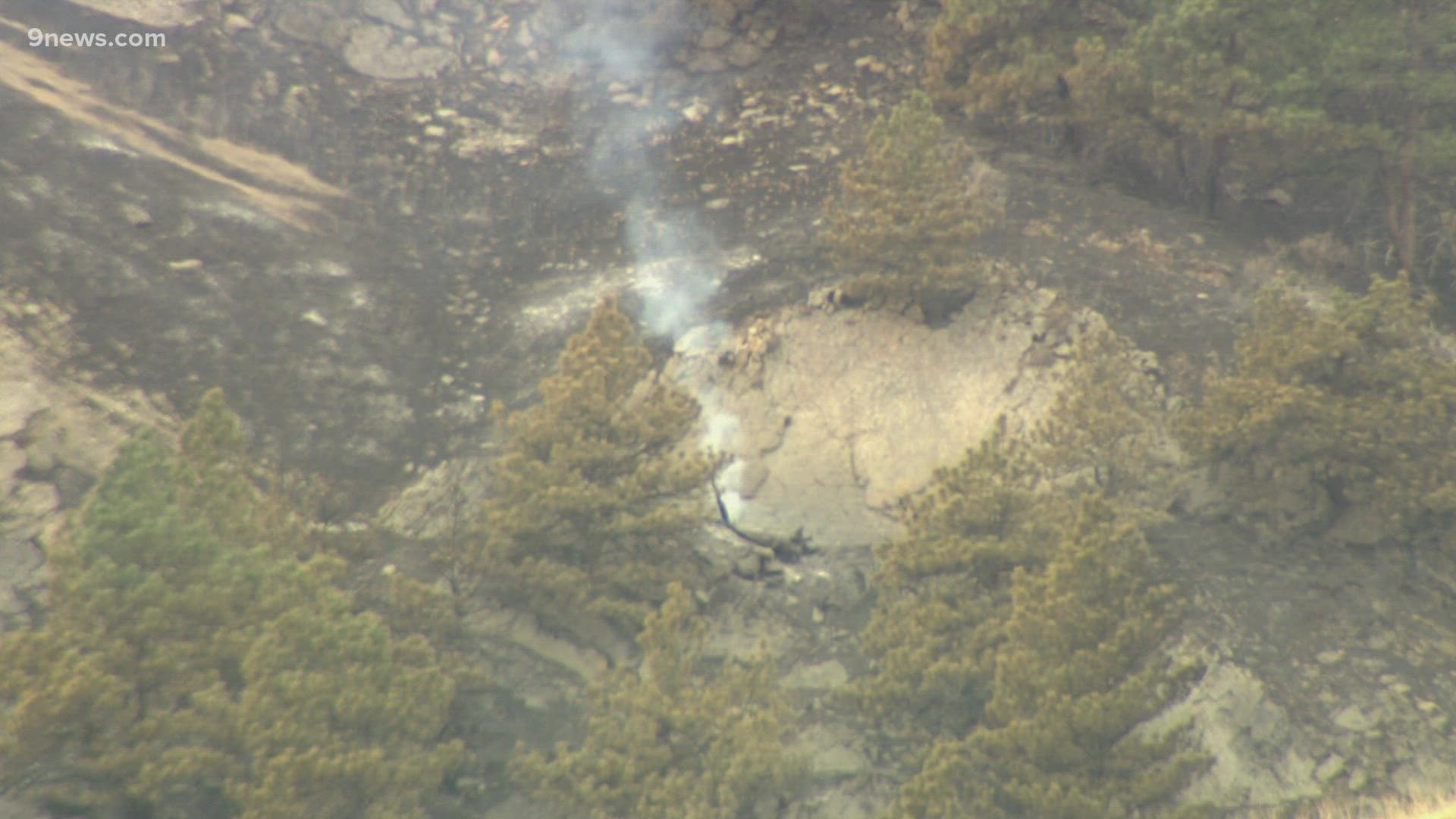BOULDER, Colo. — Yet another fire in Boulder County is fueling questions and discussion over the impact climate change may be having on urban wildfires, especially as the latest wildfire, the NCAR Fire, comes only about three months after the Marshall Fire.
As of Monday, the NCAR fire was 68% contained. Direct firefighting kept the fire away from homes, despite coming within 500 feet of them.
Incident commander Brian Oliver said the flames were seen weaving around the snow and finding a path through drier grass.
Climate scientist Dr. Daniel Swain, who works with UCLA and NCAR, said the dry grass has not been influenced by the area's recent snowfall and precipitation, which was record-breaking for the beginning of the year.
Plants and vegetation can only absorb moisture so quickly, so they are responding to the state's drought conditions from last fall and summer. Most vegetation is not having an immediate response to recent weather conditions that provided more precipitation.
Swain said because the state has been in a drought for most of the last year, the grass and vegetation are providing better fuel for a fire. It means there is really no such thing as a "fire season" any longer.
"Out West, there really isn’t a distinct fire season anymore. We can see fires straight through the winter," Swain said.
Wintertime is also the season with the most extreme wind events, which makes the arid conditions more complex.
"We got lucky that this fire occurred at a time when although it was windy, the winds were pushing the fire mainly away from homes. The outcome could have been quite different," Swain said.
SUGGESTED VIDEOS: Wildfires in Colorado

